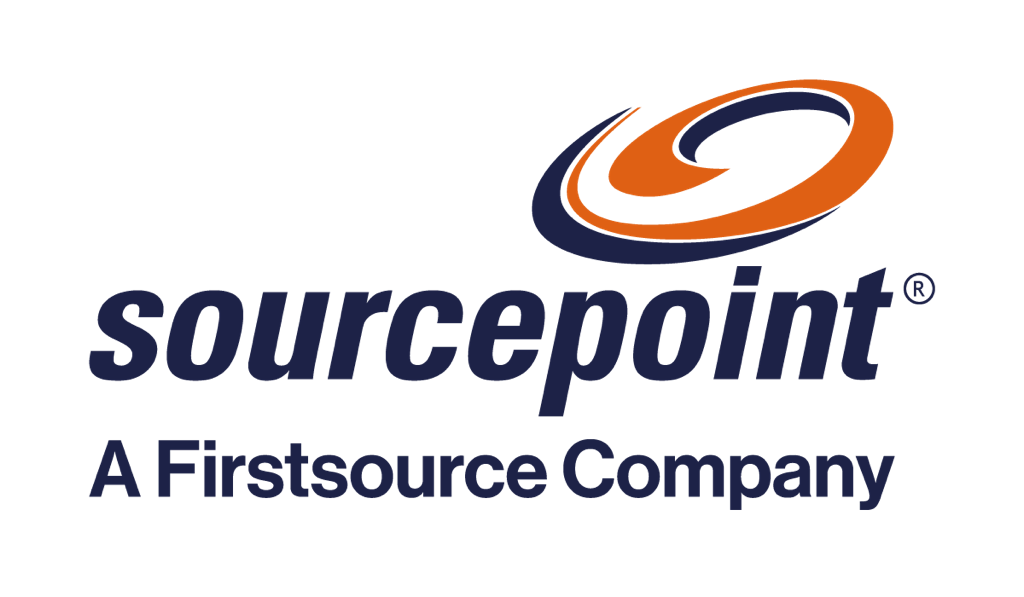The recent interest rate hikes by US Federal Reserve to control inflation are starting to hit consumers. Particularly hard hit are fragile borrowers with lower income and higher debt.
Reuters summarized a TransUnion May 2022 study that shows escalating US prices for household necessities is causing people with low credit scores to borrow more and default on their loans more. “Credit card balances and delinquency rates among non-prime borrowers–people with credit scores below 660–increased by the greatest percentage since early 2021, when inflation began to rise significantly. If high inflation persists, the study projected delinquencies could rise to about 8.4% of total credit card loans by the first quarter 2023, up from 8% in the first quarter this year.”
The latest data from Urban Institute shows consumers have an alarming 26% of debt in collection.
Debt in America
- 26% Share with any debt in collections
- $1739 Median debt in collections
- 13% Median debt in collections
- 8% Share with student loan debt in collections
- 4% Auto/retail loan debt delinquency rate
- 3% Credit card debt delinquency rate
Source: Urban Institute
If you’re with a lending institution, you know how difficult it is to balance debt recovery with positive customer rapport. Digital Debt Collections solutions can provide that balance by helping you prioritize customers through upfront segmentation and personalized strategies, to successful customer engagement.
Here are three ways to create a holistic customer experience in debt collection:
1. Map a digital-first customer journey
We all want to be understood as individuals, not as transactions. So before you base your debt collections strategy solely on your customer’s payment history, first understand them holistically. Develop personas from complete consumer profiles that include financial circumstances, age groups, and past interactions. This will help you understand how these persona groups interact through digital channels for their various goals such as resolving, negotiating or disputing a debt.
Next, list every digital touchpoint in the customer journey supported by contact centers and personal interactions. For most persona groups, you’ll find they prefer the less-intrusive contact of digital nudges through text, WhatsApp, or social media than phone calls. (It’s also cheaper for you, helping your top line!) Digital-first solutions also allow you to individually tailor messaging and create feedback loops to study and improve the journey you offer your consumers.
2. Put your customers in control
Today, customers are steering away from picking up their phone to call service personnel. They are at ease with digital channels, so it makes sense for lenders to make greater use of digital. Your customers are also increasingly choosing self-service platforms for debt repayment and banking in general. They like the24/7 availability, convenience, and a sense of anytime, anywhere control over
Handpicked Related Content
Meeting customers where they are, is the name of the (Collections) game
their finances. Rather than being bombarded with calls at inconvenient times, customers prefer Emails or In-app notifications that act as gentle reminders to make payments on time.
So a core objective in your digital-first framework should be to offer higher levels of self-service. Allow your customers to access their payment schedule, history or delinquent balance at any time and know when payments are due.
3. Get the human-technology mix right
You can develop different digital debt collections models to serve customer goals effectively through an analytics-driven Receivables Management service model. Analytics allow you to gather masses of data from multiple sources that can help you quantify risks earlier. You can then automate operations to handle the bulk of accounts where customers are more likely to self-address, while directing human interaction to situations that are more complex and need conversations.
Adding predictive analytics into the debt collections solutions model helps in building risk scorecards and provides insights into the debtor’s propensity to pay. Small methodology changes can improve an associate’s ability to manage borrowers, while even minor productivity gains can provide long-term advantages.
Proof that Digital Debt Collections works
The best way of measuring debt recovery success is of course through the money being repaid. According to global management consulting firm McKinsey, leading organizations have shown that a digital-first collections strategy is a route to value creation. Some have seen reductions in nonperforming loans, alongside increase in productivity and customer engagement.
Impact from digital customer service
- 20-25% reduction in nonperforming loans
- 25% increase in resolution rate in 30+ days past due
- 15% reduction in collections cost
- 5x increase in customer engagement
Source: McKinsey Company
Clients that have implemented the digital-first Firstsource Receivables Management solution have seen resolution rates climbing by up to 400%, with the cost to collect drop by 3%. In monetary terms, our clients on average have collected $240,000,000 each year.
Delinquency rates are also vastly improved. By providing individualized repayment plans, debtors are far more likely to meet the terms. This has led to almost 10M accounts being saved from becoming delinquent each year.
With borrowers continuing to struggle to repay debts, lenders looking to outsource Receivables Management services need to find the right blend of digital-first customer support to experience longer-term customer loyalty while improving debt recovery.










